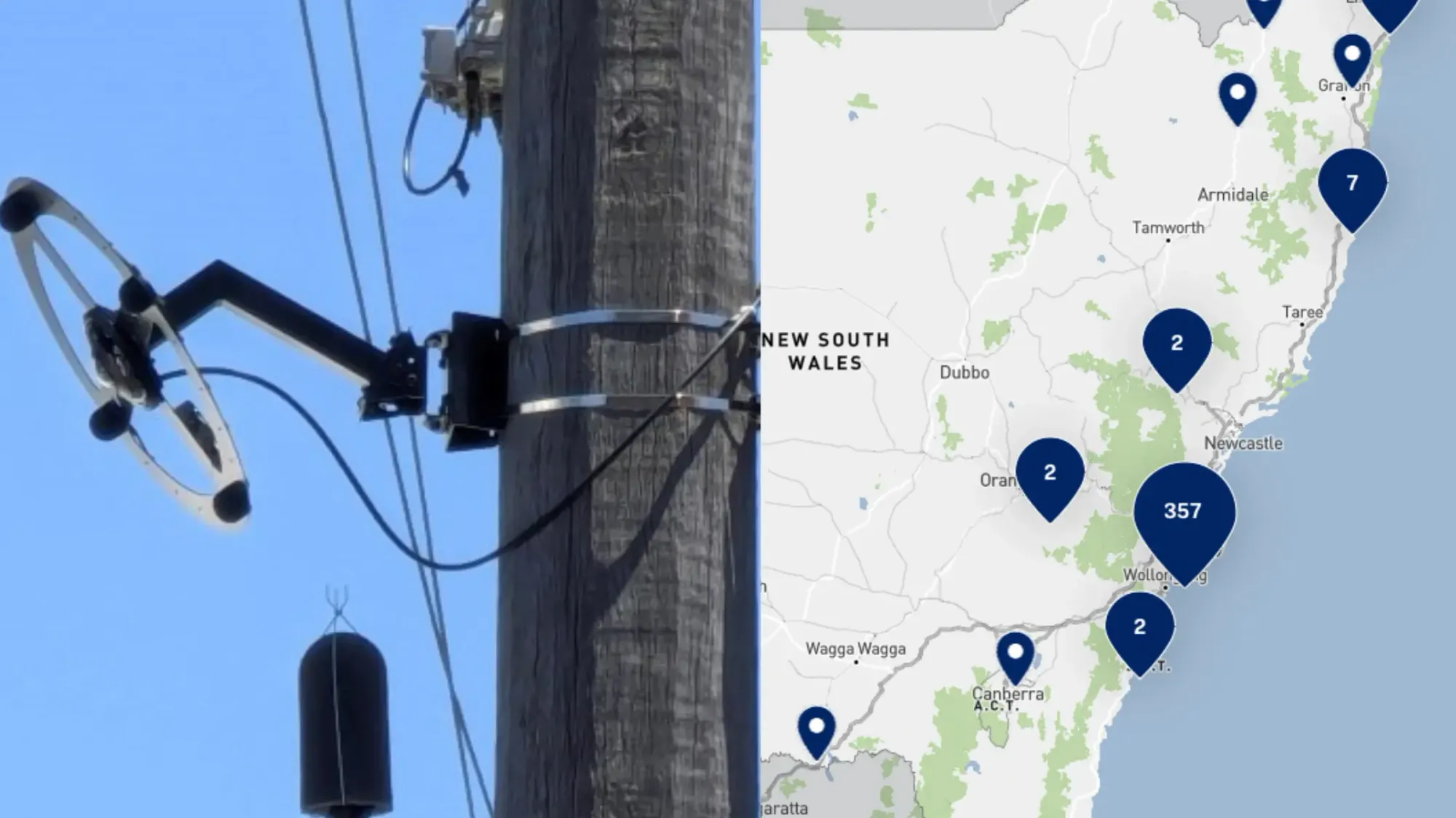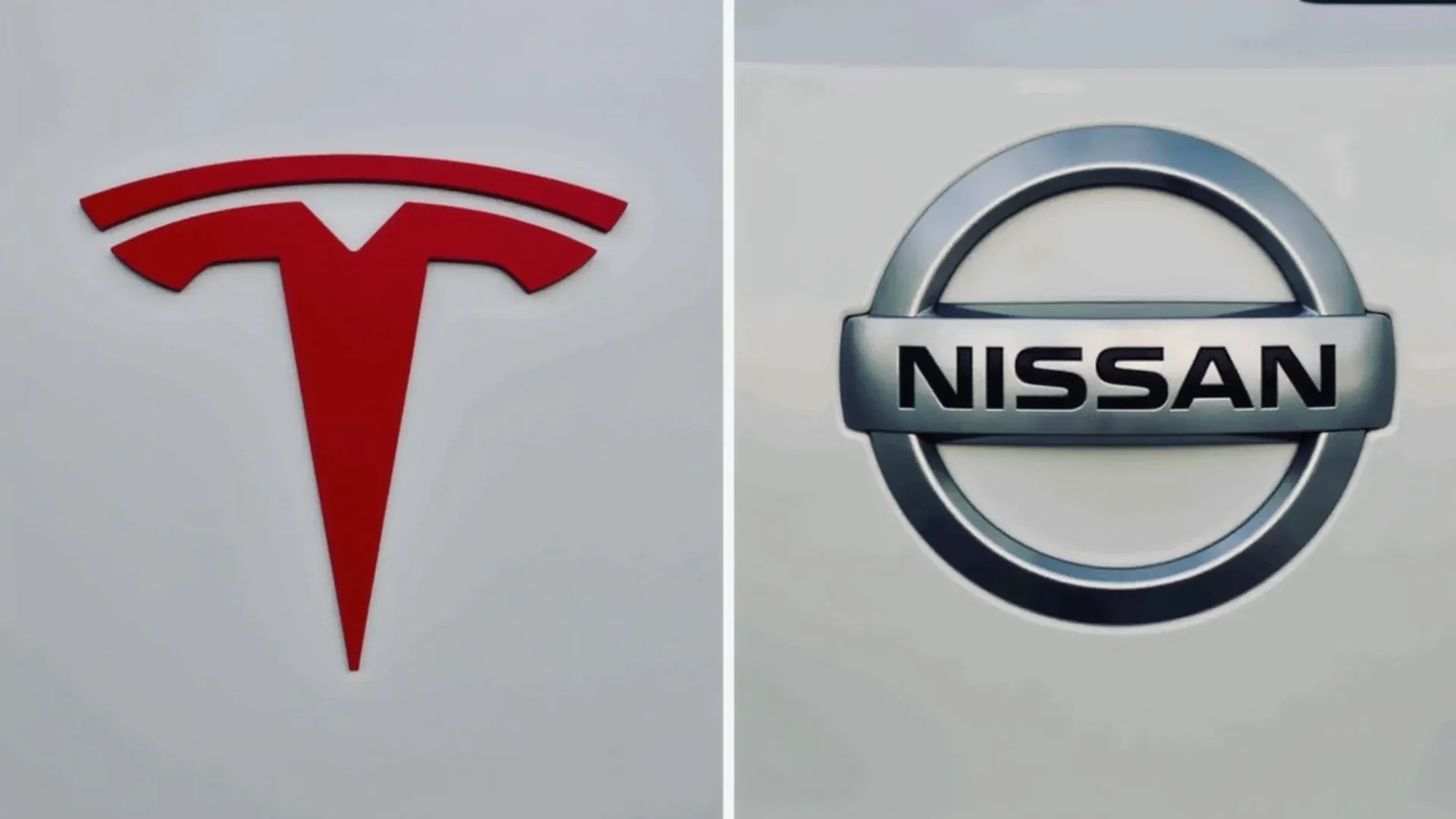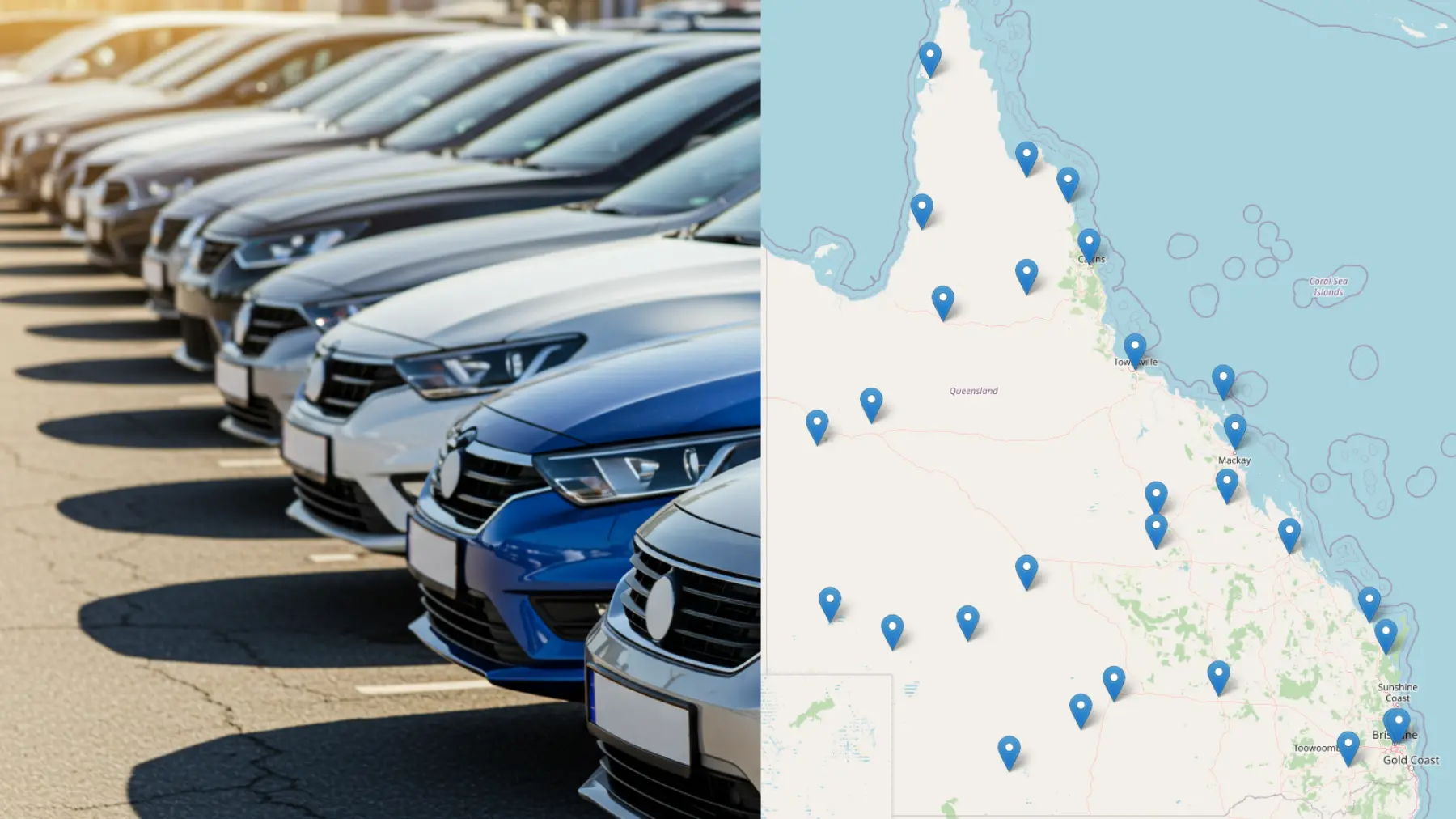As Australia's New Vehicle Efficiency Standard (NVES) takes effect, major car brands are indicating that consumers will likely shoulder the financial burden of potential fines imposed by the government in 2029.
Ford Admits Customers Will Share the Cost
Kay Hart, president of Ford's International Markets Group (IMG), acknowledged that customers will bear some of the costs associated with potential NVES penalties. She emphasized the complexity of implementing the program and the various factors at play. "There is a definite cost of NVES, right? And that will be worn by… a multiple different industries, be that the industry, be that customers – in some instance, I think it'll be a mix," Hart stated.

Gradual Price Increases to Offset Penalties
The tiered efficiency mandates commenced on January 1, 2025, with penalties accruing from July 1. However, fines or the requirement to purchase credits from other brands won't be due until 2029. This timeline allows car companies to gradually increase vehicle prices between 2025 and 2029 to cover the anticipated costs.
Commercial Vehicle Buyers to Feel the Pinch
This strategy will likely lead to higher prices for commercial vehicles, which in turn could drive up the cost of goods and services for end consumers. While the introduction of new, efficient vehicle technologies by early next year could mitigate the impact, most dual-cab utes currently on sale are expected to enter the penalty phase.
Ford's Support for Emissions Scheme
Despite the challenges, Ms. Hart reiterated Ford's support for an emissions scheme in Australia. "We support an emissions scheme in Australia. We're supportive of the intent of the emissions scheme.

It is definitely a challenge, and it's something that we continue to work through with industry, with government, in terms of the execution, implementation of it," she stated. Hart also highlighted the company's ongoing engagement with the government to ensure the successful implementation of the NVES.
Concerns about Implementation and Ecosystem
Hart emphasized the importance of creating the right ecosystem around the emissions scheme to ensure its success. "There's a lot to do to implement the scheme, and it's really important, I think, that we get the right ecosystem around it to support it. That's going to be critical to the success of it," she said.














